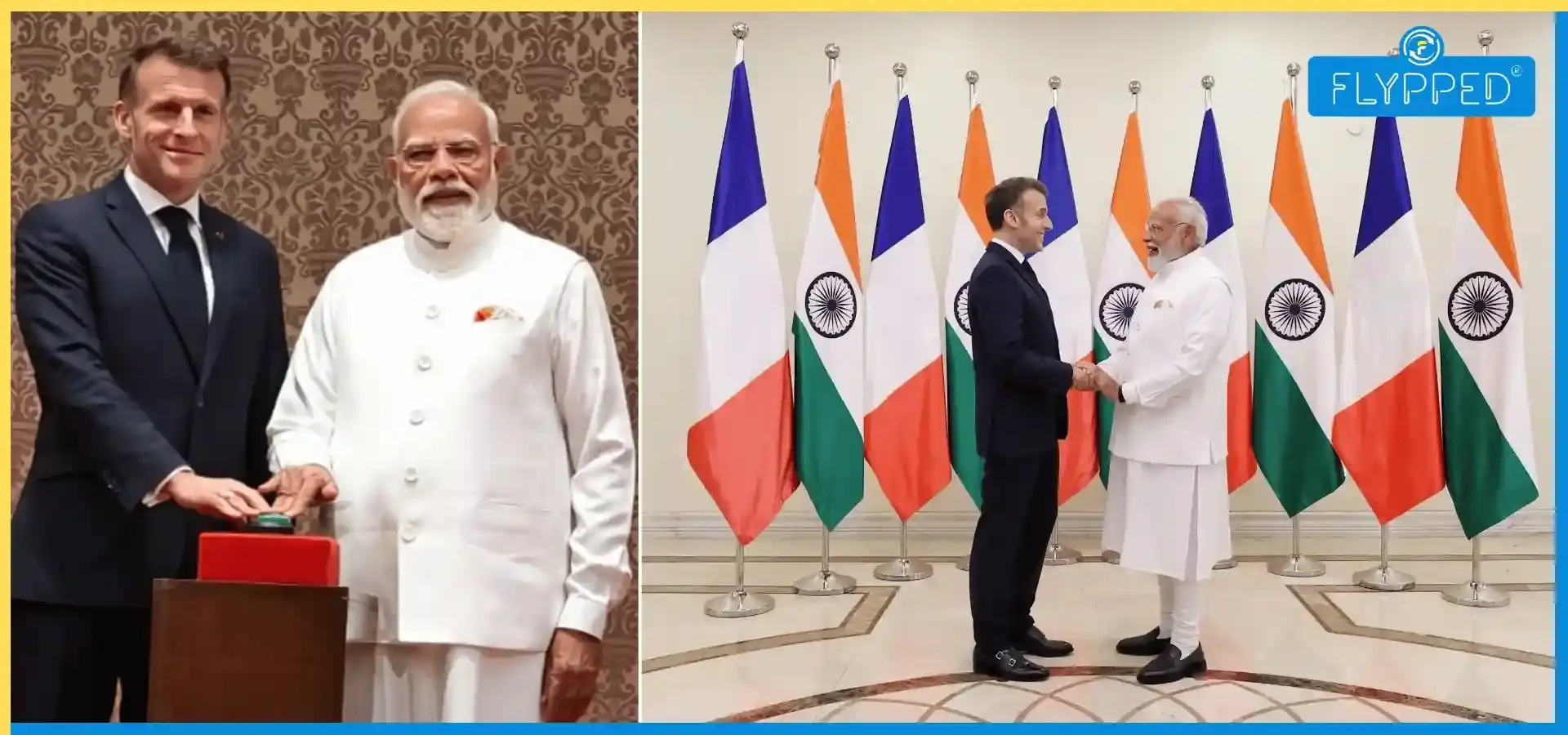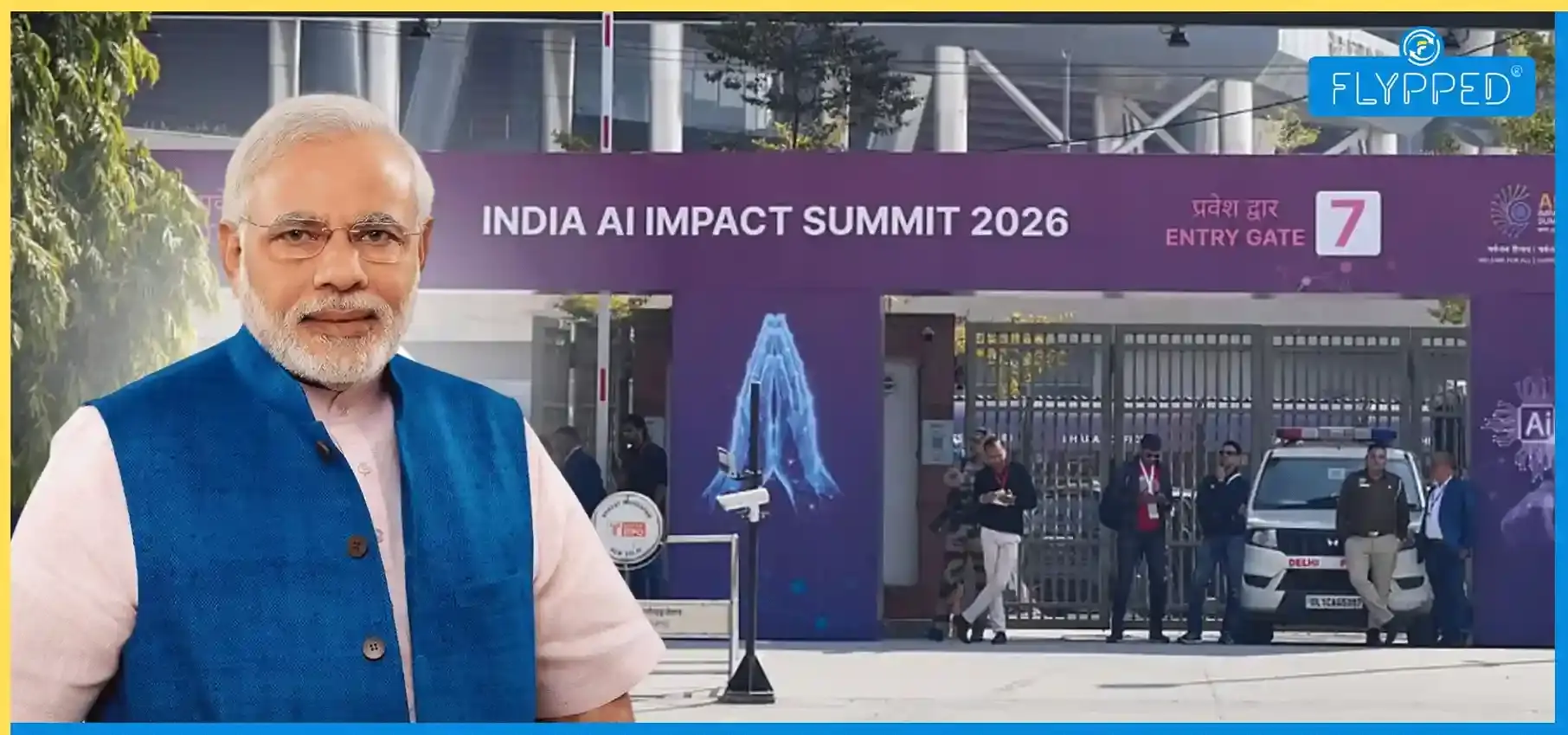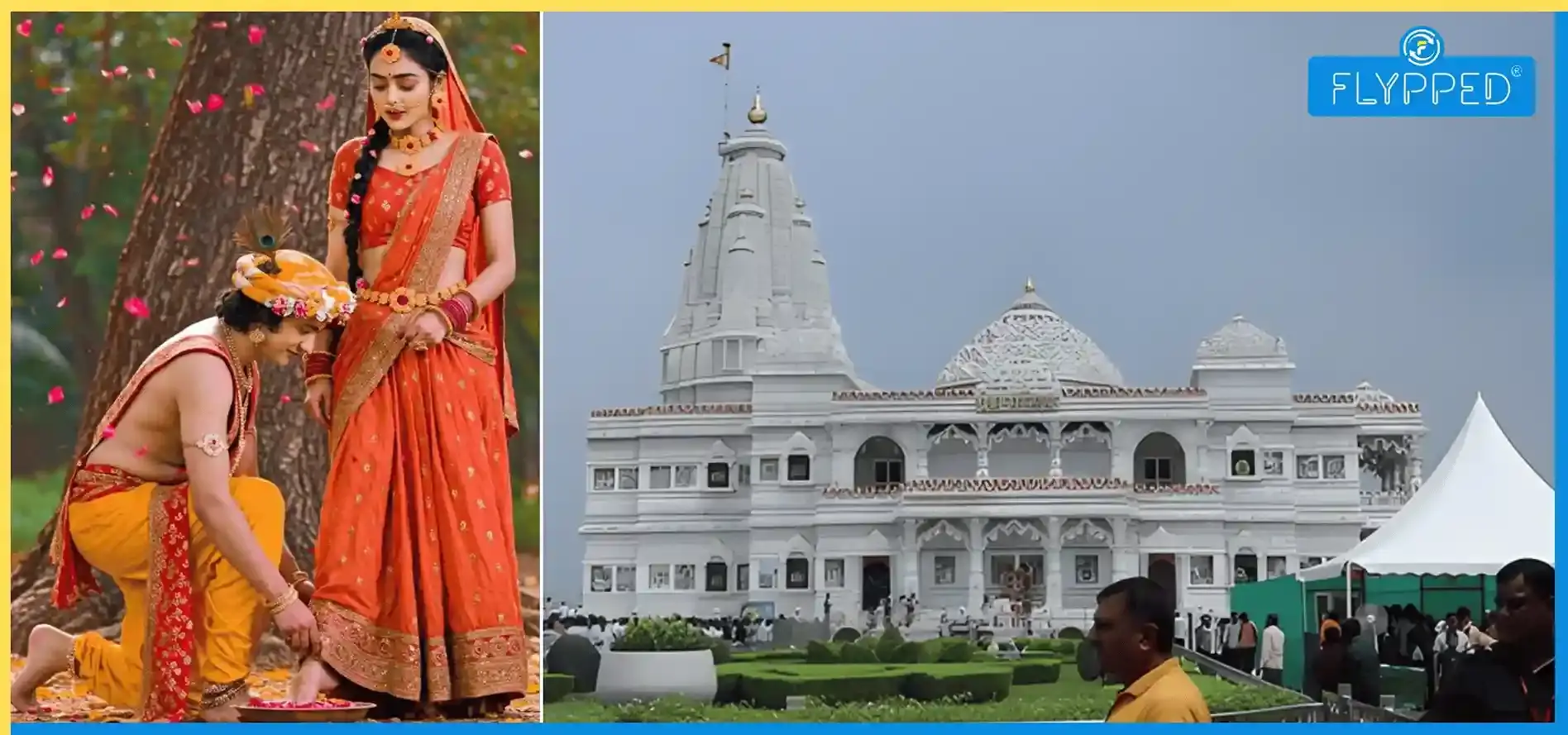I Am Human Not God PM Modi Opens Up in Podcast Debut with Zerodha Co-founder Nikhil Kamath

Prime Minister Narendra Modi recently made his podcast debut in a candid conversation with Nikhil Kamath, co-founder of Zerodha, India's leading financial services company. The discussion, which was part of Kamath’s ongoing series featuring influential leaders, offered a rare glimpse into the personal side of the Prime Minister, his thoughts on leadership, and his reflections on governance. Titled “I Am Human, Not God,” the podcast touched hearts and resonated with audiences across the nation.
This article breaks down the highlights of the conversation, showcasing the humility, honesty, and human side of one of India’s most prominent leaders.
Modi as a Man of the People
The podcast began with Kamath welcoming the Prime Minister in his signature easy-going style. What stood out immediately was PM Modi’s willingness to shed his formal persona and engage in a relaxed, conversational manner. As the title of the episode suggests, Modi underscored a key message: he is human, not a superhuman or deity.

“I am not a god; I am a human being,” PM Modi stated early in the discussion. He explained that while many people might perceive him as a figure capable of achieving the impossible, his journey has been one of persistence, discipline, and focus, like any other person striving for success.
This opening resonated deeply with listeners, especially those who often view leadership as something beyond the reach of ordinary people. Modi’s humility in acknowledging his limitations yet striving for excellence struck a chord.
Lessons from Modi’s Leadership Journey
During the hour-long conversation, PM Modi shared profound insights into his leadership philosophy. He emphasized the importance of staying grounded, maintaining a learning mindset, and staying true to one’s purpose.

“Leadership is not about power; it’s about responsibility,” Modi said. He elaborated on how the role of a leader is to empower others rather than impose authority. For the Prime Minister, this means being attentive to the needs of every citizen, constantly innovating, and finding solutions that benefit the majority.
One of the standout moments was when he recounted his childhood struggles. Growing up in a small town and working at a tea stall, Modi spoke about how those formative experiences taught him resilience and empathy. It was a poignant reminder of how his humble beginnings have shaped his approach to governance.
Tackling Modern Challenges with Pragmatism
A significant portion of the podcast was dedicated to discussing India’s rapid transformation and the challenges that come with it. Kamath, known for his financial acumen, steered the conversation towards topics like digital innovation, economic growth, and social reform.
PM Modi emphasized the importance of balance in policymaking. “It’s not just about fast growth; it’s about inclusive growth,” he said. He explained how the government is striving to ensure that technological advancements and economic progress reach the last mile, empowering rural communities and underserved populations.
One of the highlights was Modi’s take on technology. As someone often viewed as a traditionalist, his embrace of cutting-edge technology in governance came as a surprise to many listeners. “Technology is a tool to bring transparency, accountability, and inclusivity,” he remarked, citing examples of initiatives like the Aadhaar system and the Jan Dhan Yojana, which have revolutionized public service delivery.
The Human Side of a Global Leader
The most memorable aspect of the podcast was how PM Modi opened up about the pressures and sacrifices of being a public servant. When asked about how he handles criticism and high expectations, Modi’s response was refreshingly human.
“I don’t carry the weight of criticism, but I do take feedback seriously,” he said. Modi acknowledged that no leader is perfect and that criticism is essential for growth. He shared how he constantly reflects on his decisions, seeking ways to improve while staying focused on the bigger picture.
Modi also spoke about the personal sacrifices he has made for public service. He touched upon how he has given up a “normal” life to dedicate himself to the country. Yet, he expressed no regrets, saying, “The joy of serving my people outweighs any personal discomfort.”
Engaging with the Youth
A recurring theme in the podcast was PM Modi’s faith in India’s youth. Kamath, himself a young entrepreneur, delved into the topic of entrepreneurship, asking the Prime Minister about his vision for fostering innovation in the country.
https://twitter.com/nikhilkamathcio/status/1877360148412281004
Modi was unequivocal in his belief that India’s youth are its greatest asset. “Our young people are not just dreamers; they are doers,” he said, urging the younger generation to embrace challenges, think big, and take calculated risks.
He also highlighted initiatives like Startup India and Skill India, which aim to nurture talent and create opportunities for young entrepreneurs. Modi’s encouragement to the youth was both inspiring and pragmatic: “Don’t wait for opportunities to come to you; create your own opportunities.”
A Heartfelt Conclusion
As the conversation drew to a close, Modi reflected on the importance of staying connected to one’s roots. Despite his global stature, he credited his grounded upbringing and simple lifestyle for keeping him focused and relatable.
The podcast ended on an uplifting note, with Kamath thanking the Prime Minister for his time and insights. Modi reciprocated by acknowledging the importance of platforms like these that facilitate meaningful dialogue. “Conversations like these remind us of our shared humanity,” he said.
Why This Podcast Matters
PM Modi’s podcast debut with Nikhil Kamath is significant for several reasons. It provides a fresh perspective on a leader who is often seen through the lens of politics and policy. By engaging in an open and personal conversation, Modi demonstrated that even those in the highest echelons of power are, at their core, human beings with hopes, struggles, and dreams.
The podcast also underscores the power of authentic communication. In an era where political discourse is often polarized and scripted, this candid exchange felt like a breath of fresh air. It reminded listeners of the value of dialogue, empathy, and shared aspirations.
Conclusion
PM Modi’s appearance on Nikhil Kamath’s podcast is a testament to the changing dynamics of leadership in the digital age. By stepping into a space typically reserved for influencers and entrepreneurs, Modi showcased his willingness to adapt and connect with audiences in new ways.
The episode was more than just a conversation; it was a masterclass in humility, resilience, and leadership. For those who tuned in, it was a chance to see the man behind the Prime Minister—a human being striving to make a difference, one step at a time.
If you haven’t already, this is one podcast you don’t want to miss. Whether you’re a student, professional, or simply curious about the inner workings of leadership, there’s something in it for everyone. After all, as Modi himself reminded us, great leaders are not born perfect—they are made through experience, reflection, and an unwavering commitment to serve.
Click to read the full article





